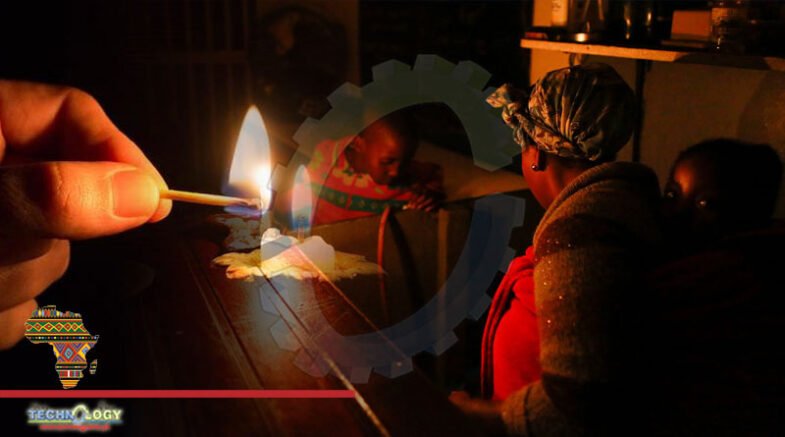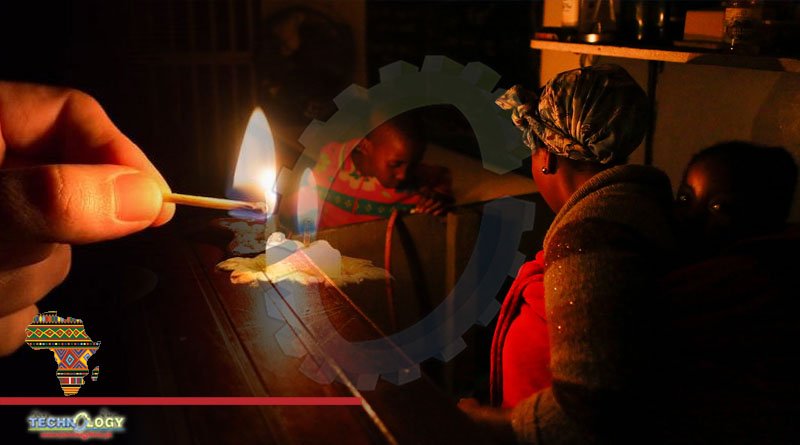To meet Africa energy and climate goals, energy investment must more than double this decade, this would amount to more than USD 190 billion per year from 2026 to 2030.

Africa is the world’s least electrified continent. According to Energy Progress Report 2022, Africa energy needs are much higher than the available resources. Nearly 600 million people remain without access to electricity in Africa.
Yet the pandemic, with its attendant lockdowns, supply chain disruptions and diversion of fiscal resources by governments, did even further damage.
According to the Energy Progress Report 2022 published by the United Nations, Covid-19 has slowed progress towards universal access to electricity and clean cooking fuels and technology.
According to the report, sub-Saharan Africa’s share of the global population without electricity rose from 71 per cent in 2018 to 77 percent in 2020. Most regions of the world saw declines.
The IEA’s Africa Energy Outlook 2022 lays out a plan to provide modern energy access to all Africans by the end of the decade, while also establishing new growth industries in critical minerals and green hydrogen.
The Africa Energy Outlook 2022 is a new special report in the World Energy Outlook series from the International Energy Agency. It investigates alternative paths for Africa’s energy system to evolve in order to achieve all African development goals, including universal access to modern and affordable energy services by 2030 and nationally determined contributions.
To meet Africa energy and climate goals, energy investment must more than double this decade. This would amount to more than USD 190 billion per year from 2026 to 2030, with clean energy accounting for two-thirds of the total.
One of the factors preventing countries from expanding access is cost. Achieving electrification for all in sub-Saharan Africa would require investing at least $31 billion per year by 2030. For context, only $5 billion was received in 2017.
Gyude Moore is a senior policy fellow at the Center for Global Development. He has also served as Liberia’s minister for public works. He joins the show with insights on where to direct investment in order to expand access.
Many Sub-Saharan African countries have about one or less engineer per 10,000 inhabitants, according to the World Bank. Industrialized countries have 20-50 for the same number.
The skills gap in Africa is especially huge in applied sciences, engineering, and technology (ASET). Graduates lack the skills and competencies required in modern enterprise, partly because university curricula is outdated. As a result, many are going abroad for studies. We follow the story of two female students in Romania.
